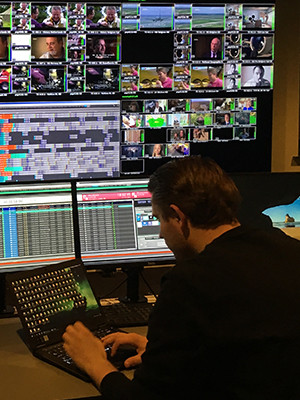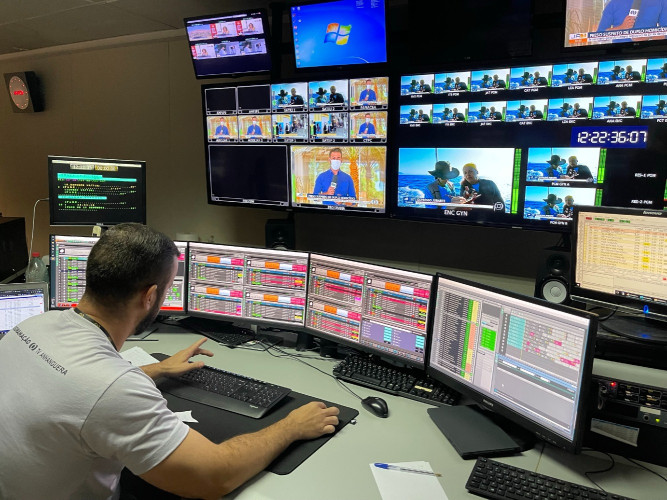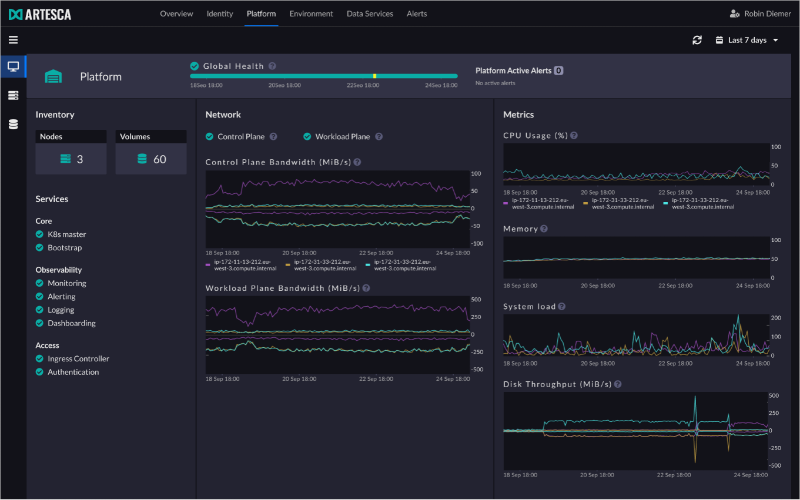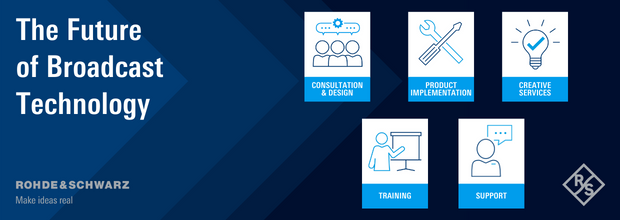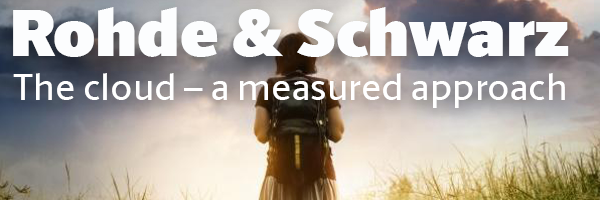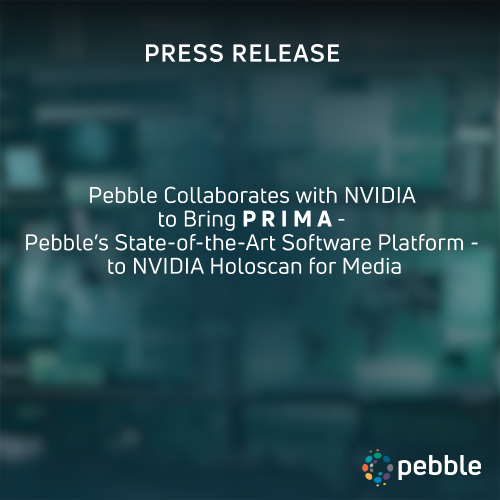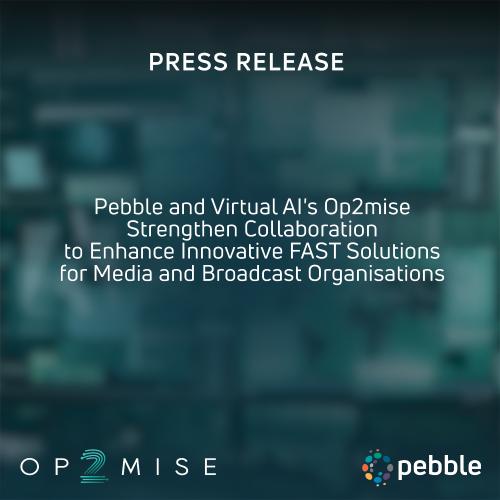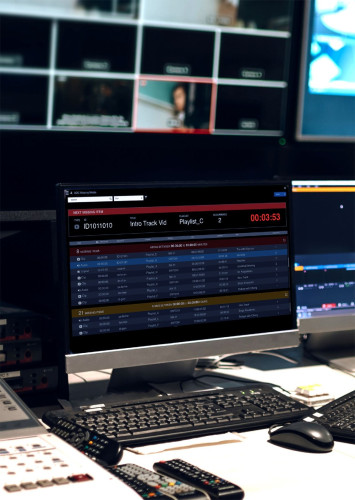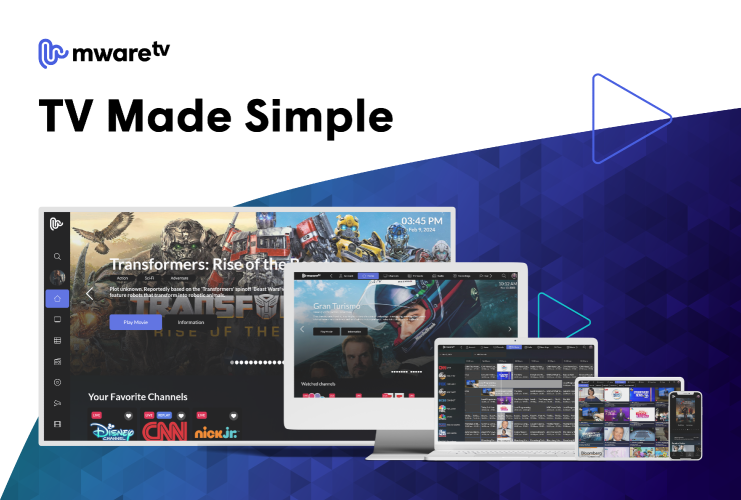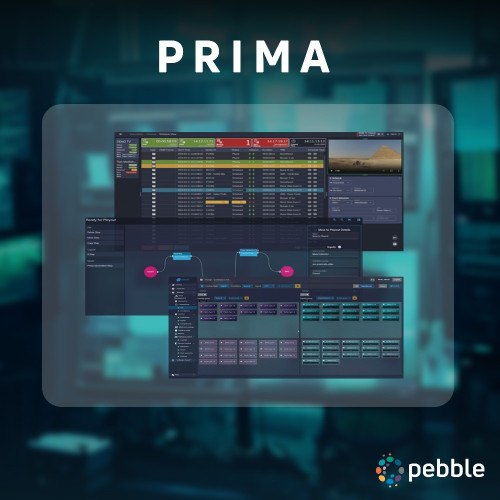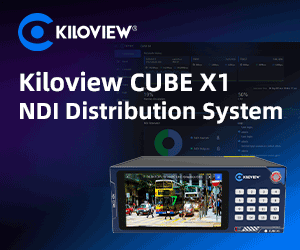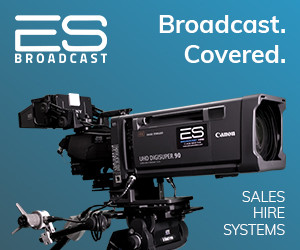The buzz around virtualised playout is exponentially growing with increased deployments. But questions remain about the economic, logistical and technical benefits to the end user.
Conversation has shifted and amplified, with the debate around the private/public cloud escalating and new cloud-native solutions entering the market. So, what do you need to consider today if you are thinking about virtualising?
To cloud or not to cloud?
Provided an entire operation – not just playout – can be lifted and shifted to the public cloud, then comparing the cost of this to managing a typical broadcast facility may give favourable results in the short term. Savings on rack space, power consumption and costs of running buildings can be made, but specific savings in playout are not easily identified. While there are benefits to only using the compute resources you need when you need them, Tier One broadcasters who manage a high value service may not benefit. To maximise the efficiency of virtual machines, certain processes in channel playout require provisioning for the ‘worst case’ highest loads, and these are expensive to deploy.
And whilst it may seem cost effective to deploy a virtual instance for an hour, multiplying this up to establish costs of keeping a channel on air for a month or year results in huge numbers.
Once a channel is established it will typically run for months with little variation around processing requirements.
Playout is typically as ‘bursty’, with many channels run with pre-loaded content and static schedules. And files may be free to upload, but accurately predicting the download cost is a challenge.
There are benefits to holding Disaster Recovery operations in the cloud, but to spin up a channel quickly, you need to repoint your distribution end points and consider what technology is required to handle this in order to create the full environment. However, a full Business Continuity system which runs in the public cloud, synchronised with main operations may be a preferable approach, increasing functionality without disrupting viewers’ experience.
What’s important for playout?
Focussing back on what is important for optimal playout, a centrally monitored and self-healing system, with open APIs, modularity, proper versioning of software which is correctly deployed; interfaces with third parties, and where required, dedicated video processing hardware that delivers focussed functionality with zero overhead on the underlying host system all offer real benefits.
To achieve optimisation, Pebble Beach offers brand agnostic technology and the expertise to deploy solutions on premise, in the cloud, baseband, compressed or uncompressed IP, delivering new levels of resilience, efficiency and sustainability to your broadcast operations.





